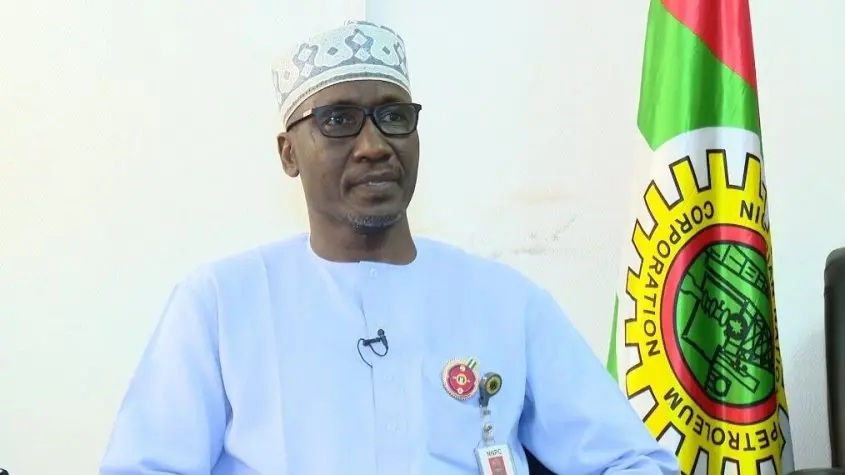The recent attempt on the life of former President Donald Trump during a rally near Butler, Pennsylvania, on July 13, 2024, has sent shockwaves through the civilized world. Such acts of violence, regardless of political affiliations, are universally condemned. This incident echoes the tragic assassinations of President John F. Kennedy and civil rights leader Martin Luther King Jr., underscoring the persistent undercurrents of violence that have marred American political history.
Historical Parallels: Kennedy and King
The assassination of President John F. Kennedy on November 22, 1963, marked a dark chapter in American history [2]. Kennedy, a symbol of hope and progress, was gunned down in Dallas, Texas, leaving the nation in mourning and sparking numerous conspiracy theories. His death not only shocked the United States but also the entire world, highlighting the vulnerabilities of public figures in a politically charged environment [3]. Similarly, the assassination of Martin Luther King Jr. on April 4, 1968, in Memphis, Tennessee, was a devastating blow to the civil rights movement [4]. King, a staunch advocate for non-violent protest and racial equality, was murdered by James Earl Ray, a man with a deeply ingrained racist ideology. King’s assassination intensified racial tensions and led to widespread riots and unrest, underscoring the profound impact of violence on social and political landscapes.
Political Murders in the United States
The United States has a long history of political murders that have profoundly impacted its trajectory [5]. The assassination of Abraham Lincoln in 1865, James Garfield in 1881, William McKinley in 1901, and the attempted assassination of Ronald Reagan in 1981 are all stark reminders of the threats faced by political leaders [6]. Each of these incidents not only altered the course of American politics but also reflected the contentious and often violent nature of political discourse in the country.
The Current Political Climate
The current political climate in the United States is highly polarized, with deep divisions along ideological lines [7]. The attempted assassination of Donald Trump in Butler, Pennsylvania, must be viewed within this context. Trump, a controversial and polarizing figure, has faced vehement opposition and staunch support in equal measure [8]. His presidency and post-presidency period have been marked by intense political rhetoric and societal division [9]. The fact that the alleged offender is a registered Republican adds a complex layer to the narrative. It challenges the simplistic binary of political violence being perpetrated solely by opposing factions and highlights the internal conflicts within political groups. This internal strife is symptomatic of the broader ideological battles that have intensified in recent years.
Condemnation and Reflection
Condemning such acts of violence is imperative for maintaining the sanctity of democratic processes and civil discourse [11]. Violence undermines the very foundations of democracy, which is built on the principles of dialogue, debate, and peaceful resolution of conflicts [12]. The attempt on Trump’s life, like the assassinations of Kennedy and King, serves as a stark reminder of the need for vigilance, unity, and a commitment to non-violence in political engagement.
Conclusion
The recent attempt on Donald Trump’s life in Butler, Pennsylvania, is a chilling reminder of the historical and ongoing threats to political leaders in the United States. Drawing parallels with the assassinations of John F. Kennedy and Martin Luther King Jr., this incident underscores the persistent and dangerous undercurrents of violence that challenge the fabric of American democracy. In a highly polarized political environment, it is crucial for all sides to unequivocally condemn such acts and strive towards a more respectful and peaceful political discourse. The lessons from history are clear: political violence leads to chaos, division, and suffering. It is only through collective condemnation and a commitment to non-violence that a more stable and united society can be achieved.
References:
1. History.com
2. History.com
3. Smithsonian Magazine
4. The King Center
5. PBS
6. The New York Times
7. The Atlantic
8. BBC News
9. Politico
10. The Guardian
11. The Conversation
12. The Washington Post
Toba Alabi is Professor of Political Science and Defence Studies. (08036787582).Email: tobalabi@yahoo.com




